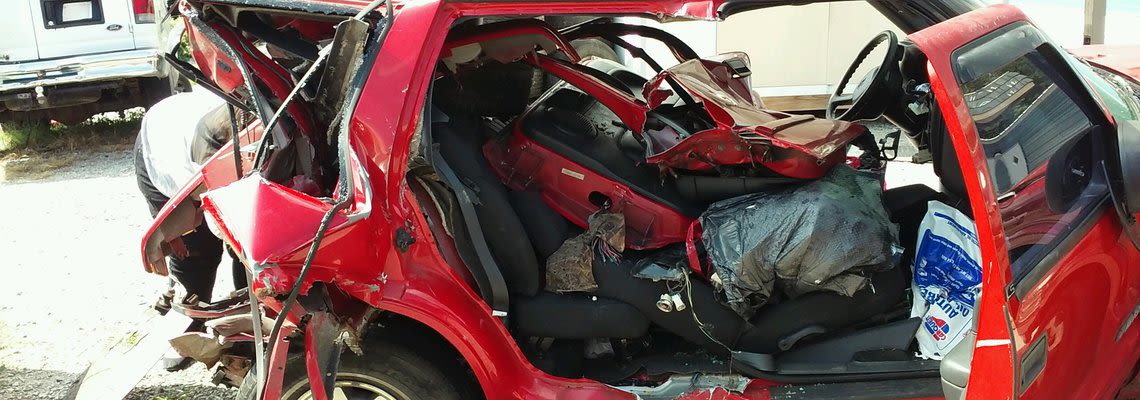
"FAMILY EXCLUSION" STILL EXISTS IN KENTUCKY INSURANCE POLICIES BEYOND LIABILITY AND UNINSURED MOTORIST AUTO POLICIES
Recently, a client contacted me about their atuo insurance declining coverage for property damage suffered by the vehicle involved in an accident, because the wife of the named insured was driving the vehicle at the time of the accident and she was at fault. The auto insurance company was providing Personal Injury Protection (PIP) insurance to the wife, but was not providing collision coverage because the damage to the vehicle was the fault of the wife of their insured and the auto policy had a "family" exclusion in the collision portion of the policy. I have been practicing auto personal injury cases for over the 30 years and I had always thought of the family exclusion as invalid under Kentucky law, but when I did the legal research for this client's issue, I learned that the family exclusion is alive and well and I had mistakenly thought it was dead because it is dead with respect to auto liability polcies.
The "family" exclusion in an insurance policy, also known as the "household" exclusion, was first created by insurance companies and allowed by law to prevent fraudulent insurance claims by family members. Before the creation of the Kentucky No-Fault Laws (legal name is Kentucky Motor Vehicle Reparations Act (MVRA)) in 1974, family exclusion clauses were valid in Kentucky in all insurance policies. After the creation of MVRA, the Kentucky Supreme Court invalidated the family exclusion clause in automobile liability policies (Lewis v. West American Insurance Company, 927 S.W.2d 829 (Ky. 1996)), auto umbrella liability policies (State Farm Mutual Automobile Insurance Company v. Marley (131 S.W.3d 33 (Ky. 2004) and uninsured motorist policies (Bishop v. Allstate Insurance Company, 623 S.W.2d 865 (Ky. 1981). The singular basis for the Supreme Court's decision is that the family exclusion in liability policies undermine and are contrary to the intent of MRVA to make sure that drivers on the Kentucky roads have a minimum level of liability insurance.
The Kentucky Supreme Court has specifically refused to invalidate family exclusion clauses in auto underinsured motorist policies (State Farm Mutual Automobile Insurance Company v. Hodgkiss-Warrick, 413 S.W.3d 875 (Ky. 2013)) and farm insurance policies (Kentucky Farm Bureau Mutual Automobile Insurance Company v. Thompson, 1 S.W.3D 475 (KY. 1999)). Although I am not aware of a case where the Supreme Court has reviewed a family exclusion clause in an auto collision policy, I am confident that the exclusion will be valid due to the fact that collision coverage is not part of MRVA and MRVA is the only reason family exclusions have been invalidated.
The best way to avoid the denial of an insurance claim due to a family exclusion clause is to make sure that all family members are named insureds on the policy. If everyone is insured, then the family exclusion cannot apply.
